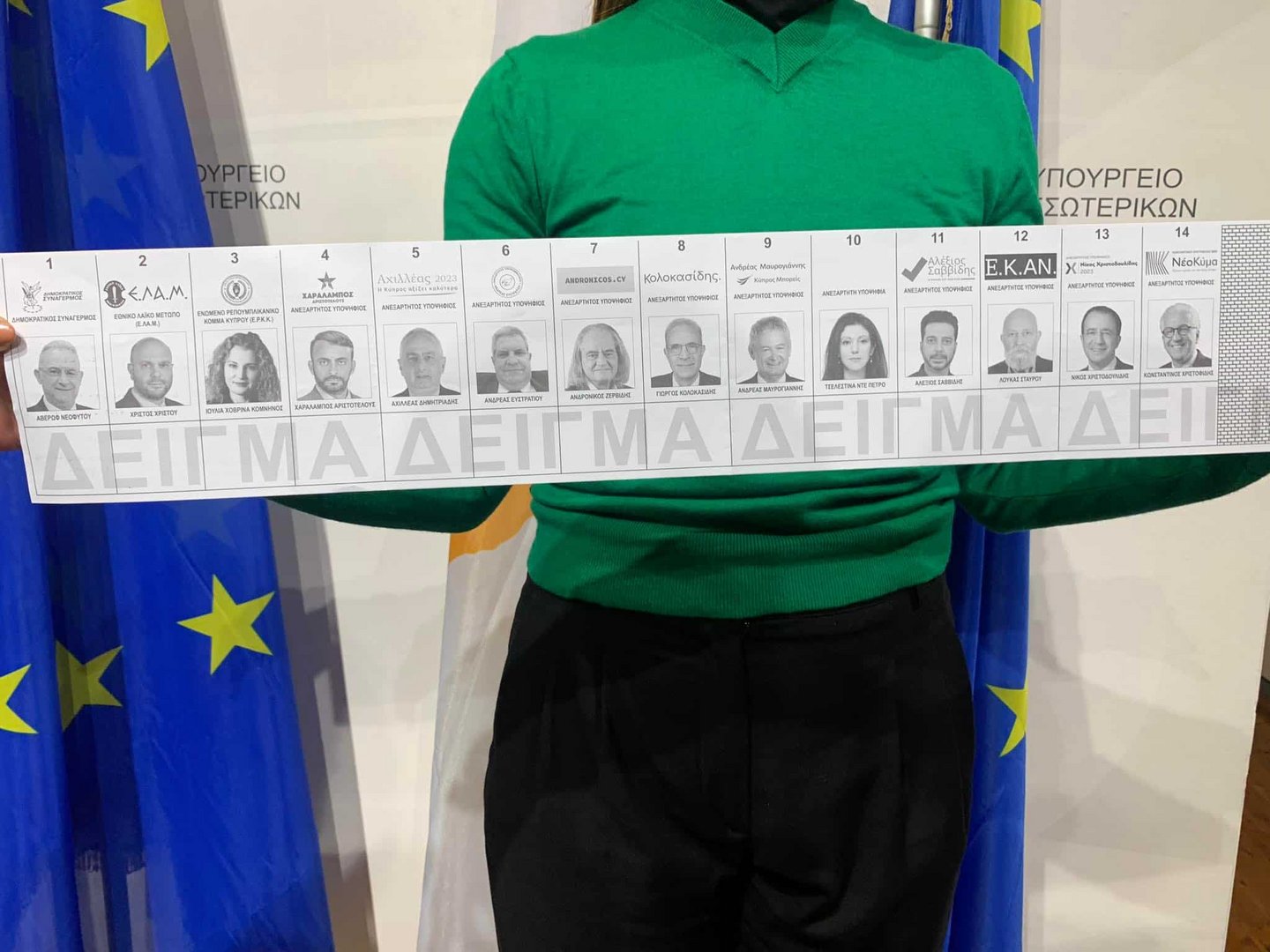There was an amusing exchange about state funding of election campaigns during Wednesday night’s television debate that hosted seven presidential candidates. It was sparked by Giorgos Colocassides, who complained that as an independent candidate he was not entitled to any cash assistance from the state. He had filed a lawsuit against the state over the matter.
Two other independent candidates – Nikos Christodoulides and Andreas Mavroyiannis – who were supported by political parties received cash assistance, he said. Christodoulides was adamant that he received no assistance from the parties that supported him. This prompted Averof Neophytou to urge Christodoulides to tell the parties backing him (Edek, Diko and Dipa) to return to the state the money they had received for the elections, as they had not used it for the campaign.
Mavroyiannis said this was not an issue for him – perhaps Akel had spent some of the state funding on his campaign – but for the political parties. Meanwhile the only other party candidate, Elam’s Christos Christou, complained that the Greens had received state funding even though the party was not participating in the election campaign. None of this would have surprised viewers, who know very well the shabbiness surrounding the state funding of parties and the inviolable principle that money received from the state is never returned, even if it was collected illegitimately.
During the debate, the auditor-general, Odysseas Michaelides, also made his contribution via Twitter, explaining there was no state funding for elections as there had been in the past. At the end of 2021 parties voted through a law by which election funding was scrapped and incorporated into the annual lump sum given to each parliamentary party according to its electoral strength. This way, parties increased their state funding by receiving the election subsidy even in years when there are no elections.
This, to a large extent, undermines the argument of unfair treatment of the candidates by the state, as now, none receives a direct subsidy for the elections. The debate, instead of dealing with state funding, should have delved into the non-state funding received by each candidate, something on which there is no transparency or accurate information. For instance, where have candidates, without direct financial support from parties, found the funds to pay for their election campaigns? Who are the funders of each campaign?
Voters have a right to know the sources of each candidate’s funding, but this type of transparency has been blocked by the political parties. Candidates are obliged by law to provide accounts of their campaign spending, but they have no obligation to reveal where the money they spent came from.







Click here to change your cookie preferences